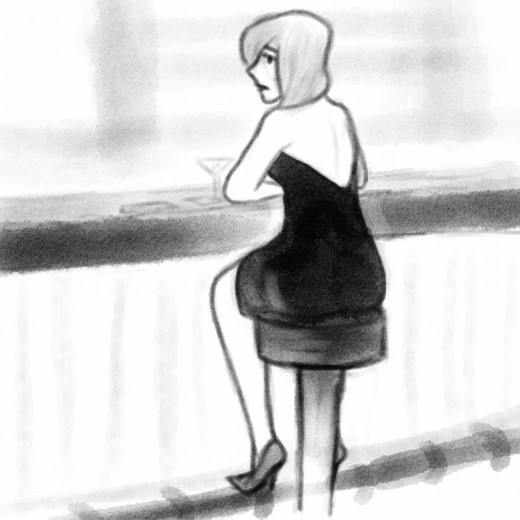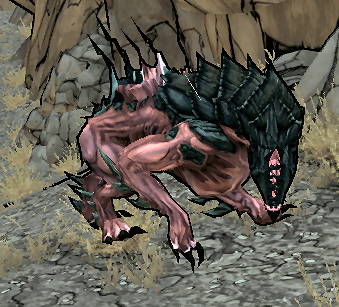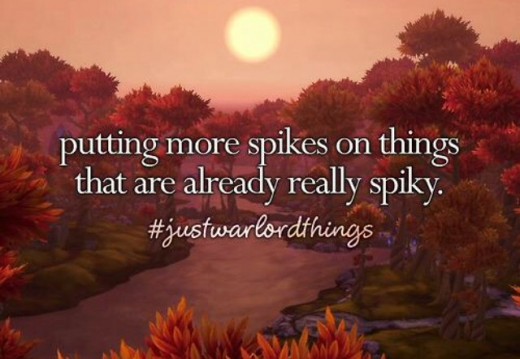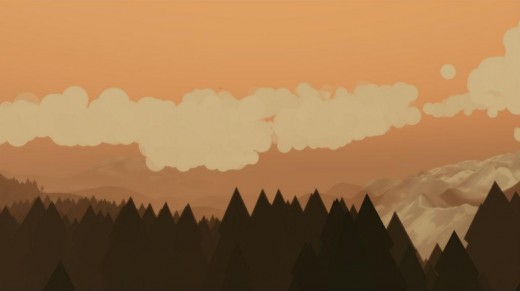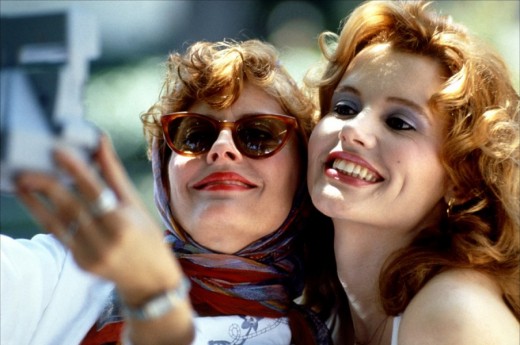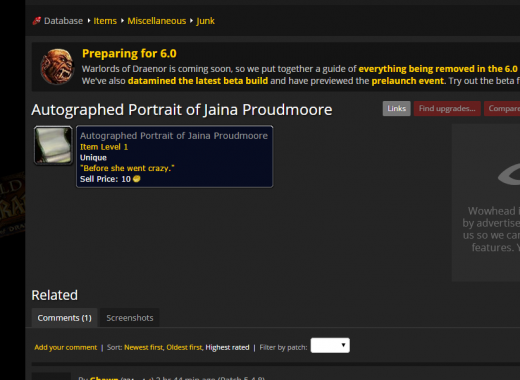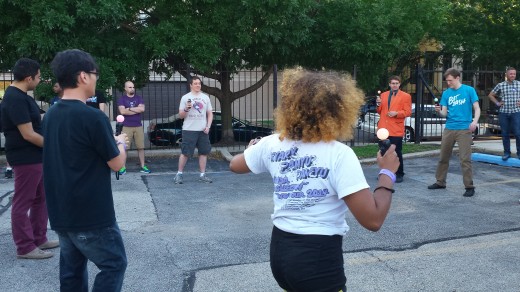Since everyone’s been filling out Jasyla’s really cool gaming questionnaire, I figure I might as well too. This week has been full of shit, so doing something a little less depressing and a little more fun might be in order.
When did you start playing video games?
If I had to be entirely accurate, it’d have to be when I was very little. My parents both worked full-time and would take me to a babysitter where I’d spend my entire day. When I was a little older, I would only be there in the morning and afternoons to catch the bus to school with the other kids and get off the bus there. My babysitter, having to watch a ton of little kids (while also having kids of her own) was smart and did things like let us watch The Princess Bride over and over and when the first Nintendo came out, got one of those. We’d huddle around the controller in the basement and play Super Mario Bros and Duck Hunt. None of us were good at it at all.
What is the first game you remember playing?
Pong for the Atari. A family friend had an Atari and that is literally the first game I can remember at all, way back when I was 4 years old.
PC or Console?
PC all the way, mostly because I’ve never owned a console. I’m one of those rare gamers who didn’t have the bright idea to beg her parents for a console. I didn’t understand that that is how video games worked - I could play them at my babysitter’s house and I guess that was enough. When I was finally old enough to purchase one for myself, I had fallen out of keeping up with console video games, meaning I was culturally behind many of my peers until I got into video games on the computer. In the interrim, I had played such vaunted PC titles like Myst and Seventh Guest though. When I finally started playing WoW, that seemed like the easiest method of playing games, since I’d always had a computer.
Shoutout to that “dropping a guy from a parachute onto a haycart” game that was on Apple IIe computers as well as Carmen Sandiego!
XBox, PlayStation, or Wii?
No one idea. Whatever one plays the best games, I guess? I’ve been considering getting a 3rd or 4th generation console lately and I cannot really discern the difference other than Wii is more for kids/family games from Nintendo.
What’s the best game you’ve ever played?
I haven’t really played enough to develop a Top 10 list in my head but probably pound for pound the best game is Portal. I feel like it was a cultural touchstone for me in a way other games really haven’t been. Second to that is Gone Home, followed by World of Warcraft.
What’s the worst game you’ve ever played?
Hell Cab. Though a close second is watching my boyfriend play the newer Duke Nukem game.
Name a game that was popular/critically adored that you just didn’t like.
Final Fantasy VI, but I am probably not the target market for older turn-based combat RPGs.
Name a game that was poorly received that you really like.
Final Fantasy X-2, which makes no sense if you think about what I literally just answered before this one. The costume changes relating to the classes was really appealing, even if I wasn’t sold on the combat. The story was light and fun and made me forget I was playing a Final Fantasy game.
What are your favourite game genres?
Action adventures, puzzlers, atmospheric/emotives, and sandbox or exploration games. I also love things that are slightly higher on narrative, and slightly lower on combat.
Who is your favourite game protagonist?
Visually, it would have to be Red from Transistor. I love red-headed women characters in most things, even if they are extremely overdone as the “well we need to make a woman look different but we can’t deviate from having only white women in video games” character. As far as character goes, my favorite would have to be Commander Shepard, even if I’ve only played a bit of Mass Effect. The idea of writing a character that is both customizable to the player and also without gender restrictions is really appealing. Though, I’m not sure who plays Commander Shepard as a dude, because I don’t feel that’s really canon at all.
Describe your perfect video game.
It’d have to be something cute with a really gripping story and lots of open-world exploration and also smooching women. I’m not hard to please.
What video game character do have you have a crush on?
- Red - Transistor
- Lara Croft - Tomb Raider
- Commander Marjhan - World of Warcraft
- Lilian Voss - World of Warcraft
- Kasumi Goto - Mass Effect, Shadow Broker DLC
- Kuradoberi Jamu - Guilty Gear X
- Talim - Soul Calibur
- Felicia - Darkstalkers
- NOT WILLOW PAPE
There’s more, I’m sure but I haven’t had a lot of coffee yet. Stay tuned to watch this list mysteriously grow larger.
What game has the best music?
Right now? Wildstar. Behind that would be World of Warcraft.
Most memorable moment in a game:
Figuring out the ship puzzle in Myst and hearing the ship raise out of the water and turning around to see it come up, with all of its’ Quicktime movie glory.
Scariest moment in a game:
Probably any time my internet connection or computer blacked out without reaching a save point. I don’t really play a ton of scary games. Ever. At all. Glibness aside, maybe the first time I saw Pyramid Head and decided that I really wasn’t a horror game person.
Most heart-wrenching moment in a game:
The letter where Sam tells her sister that her parents pretended like her coming out didn’t even happen in Gone Home. This hit me right in the “feels” for a lot of really personal reasons.
What are your favourite websites/blogs about games?
Rock, Paper, Shotgun, Forest Ambassador and any other personal blog that does good critical analysis, like Clockwork Worlds. I don’t visit a lot of websites about games.
What’s the last game you finished?
I am a terrible video game finisher. I do not finish a lot of games. The last one I outright finished was Transistor.
What future releases are you most excited about?
- Rise of the Tomb Raider
- Splatoon
- Red Hood Diaries
Do you identify as a gamer?
That’s a really complex question and while I do in some contexts, I don’t in most others. It’s very hard to couple “feminist” with gamer and not have people look at me sideways or disparage me for my choice of stomping grounds for activism. Gamers have a lot to answer for lately, especially where it concerns women, representation, oppression and misogyny. But the personal is political and so I stick around and try to look at games as a place for media criticism and consciousness raising. But gaming is a hobby to me, not an identity. I’m a feminist woman and that is a far more important identity to carry around with me than gamer.
Why do you play video games?
I play video games for the same reason that I read books, watch movies and TV, and generally interact with media. I love stories, I love new worlds, I love learning things and I love escapism. I like getting caught up in something that is bigger than myself and my singular experiences. I like challenging myself and I like picking apart other people’s ideas. Gaming gives me the ability to mess around with control and narrative in a dedicated space in a way other media doesn’t usually. Interactivity is a novel concept to me.
